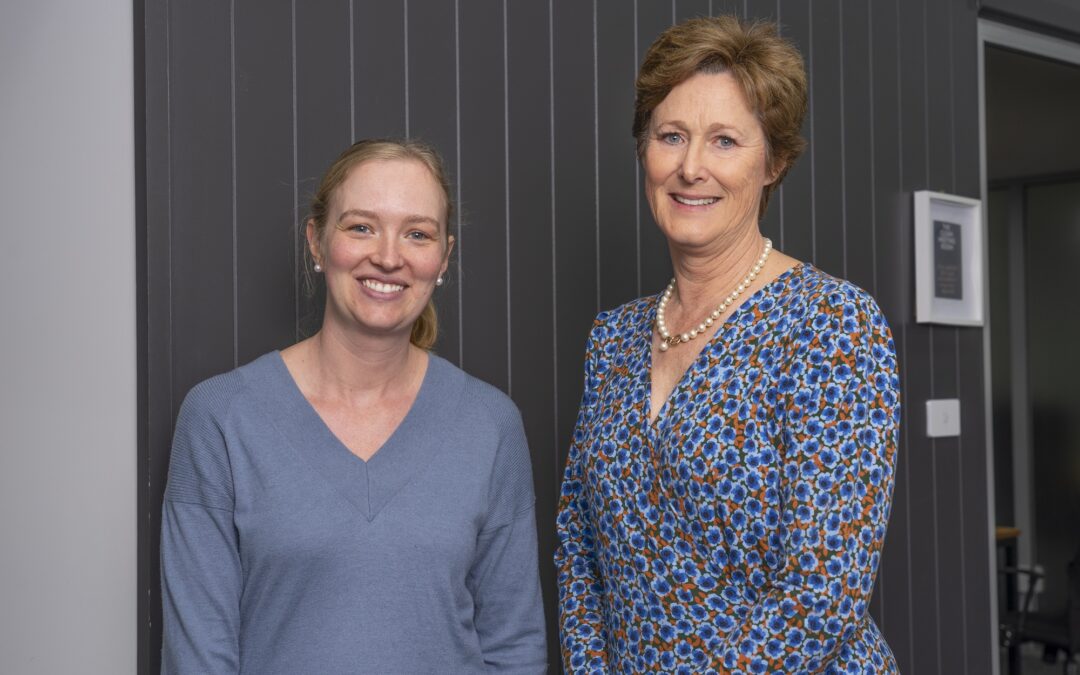Many investors borrow to invest. But did you know that Self-Managed Superannuation Funds (SMSFs) are also a vehicle to borrow for investment purposes? This means that your SMSF can borrow to acquire assets that it may not otherwise be able to afford, such as commercial and residential property.
What are the advantages of borrowing to invest with your SMSF?
- Provides the ability to invest in high cost assets such as commercial and residential property.
- Increases the amount you are able to invest which in turn maximises your potential investment return. However you should remember that borrowing also increases any potential losses and may not be appropriate depending on your circumstances and risk profile.
- If a commercial property is purchased the property can be leased back to members of the SMSF (at market rate) to use in their business.
- You may have the ability to pay back the loan sooner as superannuation contributions (which are used to pay off the loan) generally have a lower rate of tax than the tax paid on your income.
- Any income or capital gains earned from the asset will be taxed at the SMSF’s concessional tax rate. If the asset is used to pay a pension, any income or capital gains will be tax-free.
Are there any disadvantages?
Lower tax rates inside super means an SMSF will generally get less value for its interest deductions than if the members borrow personally.
Due to additional legal structures required, the cost of setting up a loan in your SMSF is generally more than the cost of establishing a loan in your own name. The cost to establish a super borrowing arrangement can vary depending on your circumstances, the asset’s characteristics and the amount of advice required.
These additional costs should be factored in when assessing whether it is better to borrow in you SMSF or in your own name. You should also consider the usual transaction costs such as legal fees and state government stamp duty.
General Advice Warning: The advice provided is general advice only as, in preparing it we did not take into account your investment objectives, financial situation or particular needs. Before making an investment decision on the basis of this advice, you should also consider the relevant Product Disclosure Statement before making any decision relating to a financial product.



